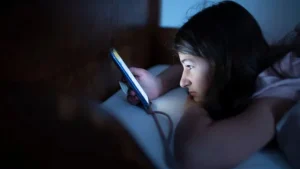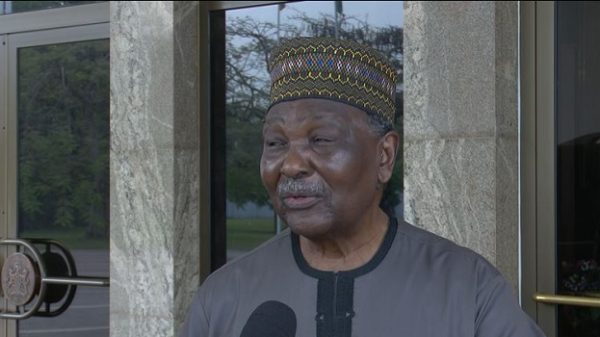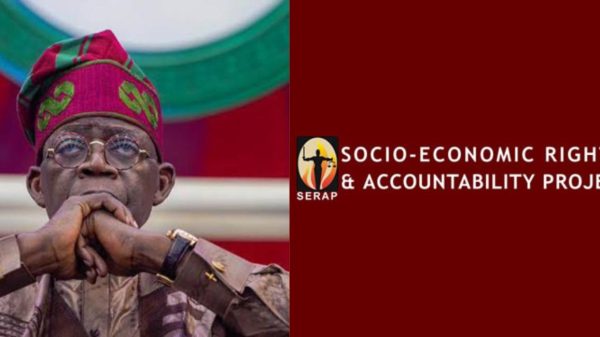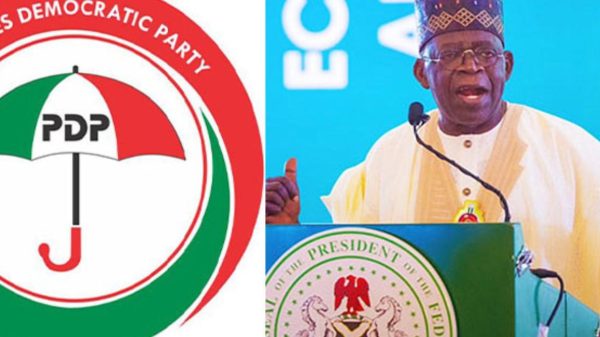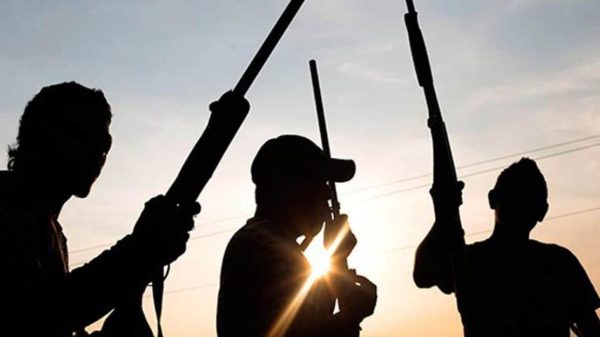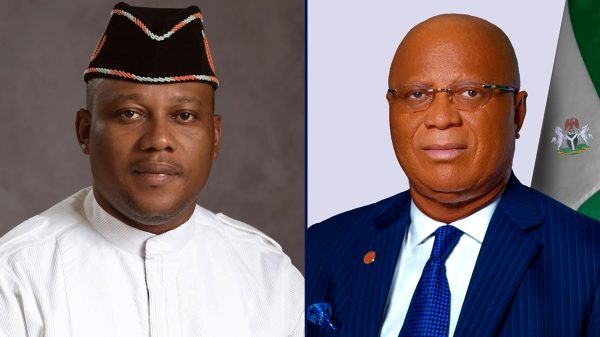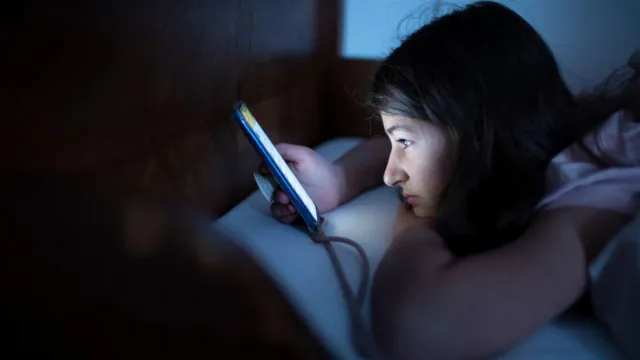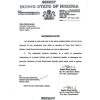Australia has passed legislation banning children under the age of 16 from using social media, marking a global first in setting such a high minimum age for platform access. The new law, approved by the Australian parliament, aims to address the harmful effects of social media on young users.
The law, which will not come into effect for at least 12 months, includes fines of up to A$50 million ($32.5 million) for tech companies that fail to comply. Prime Minister Anthony Albanese described the move as essential for safeguarding children’s wellbeing, stating, “We want our kids to have a childhood and parents to know we have their backs.”
The legislation does not name specific platforms but tasks the Communications Minister, advised by the eSafety Commissioner, with identifying those that fall under the ban. Minister Michelle Rowland has indicated the rules will target platforms such as Snapchat, TikTok, Facebook, Instagram, and X. However, gaming and messaging platforms, as well as services like YouTube that do not require user accounts, will be exempt.
The government plans to rely on age-verification technology to enforce the ban. Social media companies will be responsible for integrating these systems, though details remain unclear. Critics have raised concerns over the effectiveness and privacy implications of such measures, warning that they could be bypassed using tools like VPNs.
Children found flouting the ban will not face penalties, and the focus remains on ensuring compliance by tech companies.
While the law has received support from many parents and advocacy groups, it has sparked debate among experts and tech companies. Critics argue that the ban is overly broad and could drive children to less regulated corners of the internet.
Youth advocacy groups have also voiced frustration over being excluded from the decision-making process. In a statement, the eSafety Youth Council said, “We understand the risks of social media but need to be part of developing solutions.”
Tech companies have also pushed back. TikTok criticized the vague definition of a social media platform, while X questioned the bill’s compatibility with international human rights treaties. Meta and Snap argued that the law might fail to achieve its goal of making children safer online.
Australia’s move is being closely watched by other nations. Norway has indicated it may follow suit, while the UK has suggested a similar ban could be considered in the future. However, history shows such efforts face significant challenges. France introduced a parental-consent requirement for social media users under 15 last year, but many children bypassed it using VPNs. A similar law in the US state of Utah was struck down by a federal judge.
Prime Minister Albanese acknowledged the complexities of implementing the ban, comparing it to alcohol restrictions for minors. “We don’t argue that implementation will be perfect, but we know it’s the right thing to do,” he said.
With the debate ongoing, Australia’s approach could set a precedent for how governments address the growing influence of social media on young people.
